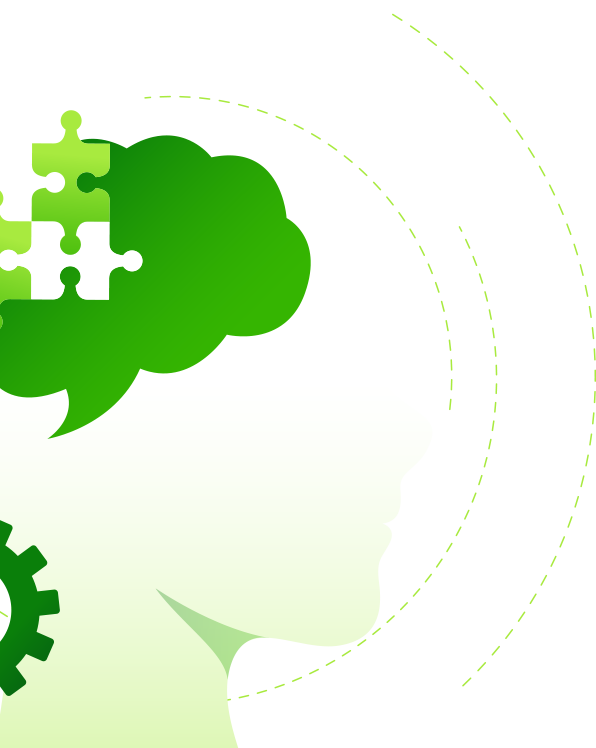Problem solving and conflict resolution
Control Self Esteem
3.9KB
3.9KB
3.9KB

While most people recognize feelings like depression, anger, or guilt after a loss, less attention is given to the anxiety that can accompany grief. Grief-induced anxiety can manifest as physical symptoms like insomnia, panic attacks, or muscle tension, as well as emotional issues such as intrusive thoughts or restlessness. Here’s a brief overview of what it entails:
Grief-induced anxiety is the onset of fear or worry following a loss. It can take various forms:
1. Worry about loved ones: You may feel anxious about the safety and health of others after a loss, leading to sleep troubles and a need to control situations you can’t.
2. Concerns about mortality: The death of a loved one can heighten your awareness of your own mortality, causing obsessive scrutiny of your health and panic over new symptoms.
3. Existential dread: You might experience feelings that life is meaningless, leading to detachment from routine and difficulty staying present.
4. Anxiety about grieving: You may feel overwhelmed by the grieving process, fearing you’ll never recover or resist facing emotions like sadness.
5. Escape behaviors: Some resort to numbing strategies for relief, which can complicate grief and hinder healing.
6. Physical symptoms: Grief-induced anxiety can cause issues such as stomach pains, headaches, and muscle spasms.
7. Specific phobias: A significant loss may trigger fears related to that experience, like anxiety about driving after a traumatic death.
8. Hyper-control: To cope with grief, some become perfectionistic or overly controlling, mistakenly believing it can prevent future losses.
Recognizing these signs is essential for coping with grief-induced anxiety and finding healthier ways to navigate the grieving process.

Build a strong, happy, healthy and
loving relationship.
When we think of therapy, the image of talk therapy often comes to mind. This is a fairly accurate representation, as therapy typically involves meaningful conversations between a professional and a client.
These discussions aim to address mental health challenges and pave the way toward recovery and wellness. While there are various approaches to mental health therapy, they all share common benefits:
Problem solving and conflict resolution
Decreased problems with daily living
Increased sense of joy and contentment
Rebuild your respect and trust
Improved functioning at work, often leading to financial stability
Increased quality of life and overall life satisfaction

Let’s open your heart story to us, We’ll listen to you

1 The Enterprise, 61 Ditton Walk Cambridge, CB5 8QD
© All Copyright 2024 by DESIGNISALIVE.CO.UK